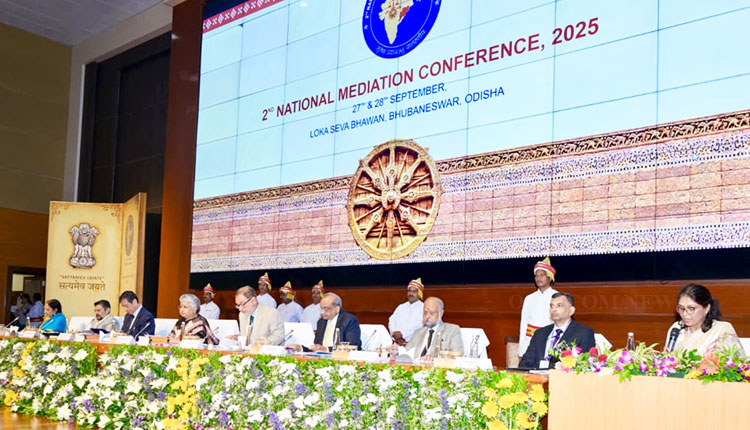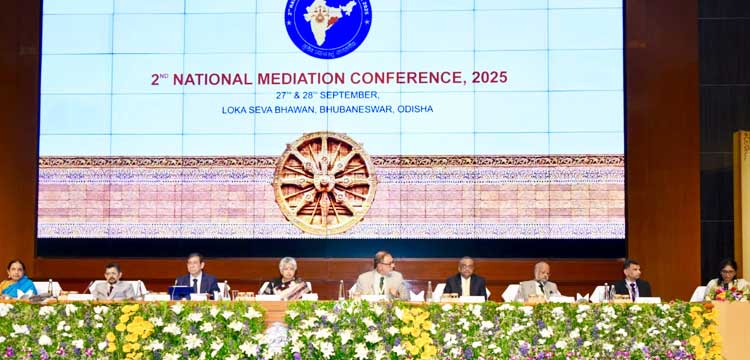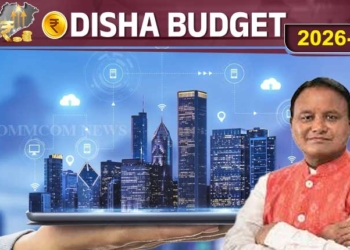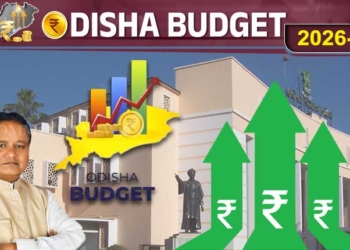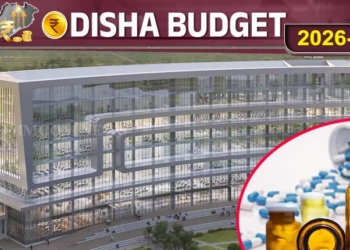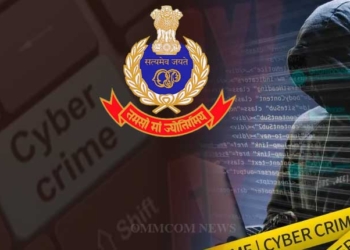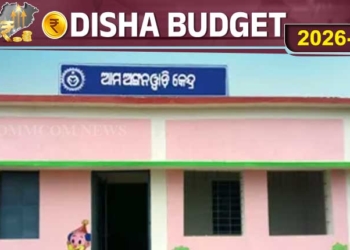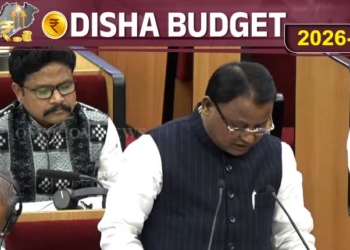Bhubaneswar: The Interactive Session–II of the two-day National Mediation Conference focused on “Enhancing the Ecosystem for Mediation in India.” This session deliberated on Sector-Specific Mediation and Skill & Process Orientation in mediation practices.
The session was chaired by Justice B.V. Nagarathna, Judge, Supreme Court of India, and co-chaired by Justice N. Kotiswar Singh, Judge, Supreme Court of India, and Justice Gurmeet Singh Sandhawalia, Chief Justice, High Court of Himachal Pradesh.
In the Sector-Specific Mediation segment, key areas discussed included:
- Mediation in Environmental & Climate Disputes: Addressing conflicts related to land, water, and sustainability.
- Mediation in Healthcare & Medical Negligence: Balancing patient rights with institutional challenges.
- Mediation in Intellectual Property Rights (IPR): Resolving copyright, trademark, and patent disputes through mediation.
- Corporate Governance Mediation: Tackling boardroom conflicts, shareholder disputes, and challenges in the start-up ecosystem.
- Mediation in Public Policy & Government Contracts: Bridging the gap between state authorities and private entities.
- Restorative Justice & Mediation: Applying mediation principles in criminal justice and juvenile cases.
In the Skill & Process-Oriented Mediation segment, the discussion emphasised:
- The Psychology of Conflict: Understanding human behavior, emotions, and negotiation strategies.
- Negotiation & Persuasion Techniques: Practical exercises for mediators.
- Ethics & Confidentiality in Mediation: Managing sensitive information responsibly.
- Drafting Settlement Agreements: Ensuring enforceability and legal soundness.
Justice B.V. Nagarathna stated that mediation is a process aimed at resolving human conflicts through the application of law. To address environmental disputes and promote sustainable environmental solutions, ‘Green Mediators’ are needed. Similarly, to handle corporate matters in the current IPR regime, ‘Specialised Mediators’ are required. Eliminating fear factors and enhancing flexibility in the process can make mediation more accessible and effective.
Among the distinguished participants were Justice Jayant Banerji, Judge, High Court of Karnataka; Birendra Saraf, Advocate General of Maharashtra; Praful N. Bharat, Advocate General of Chhattisgarh; and Senior Advocate Jawad A.J.. They collectively underlined the importance of lawyer training in mediation and called for the creation of a strong institutional framework to support the future of mediation in India.
The session was moderated by Advocate Ms. Soni Singh.




